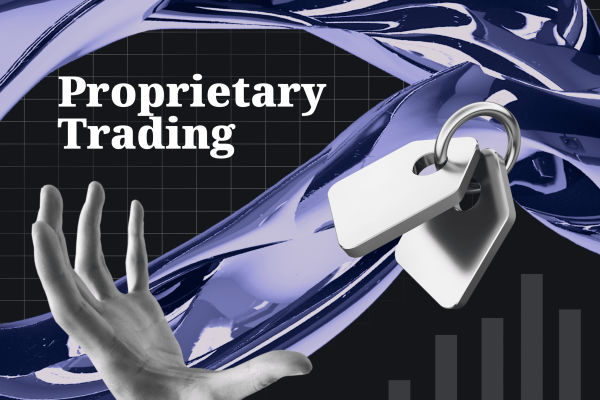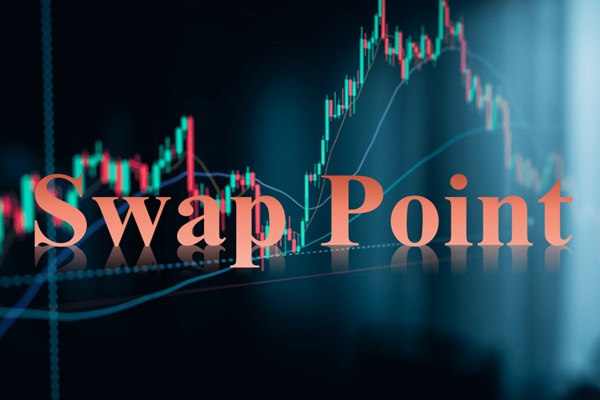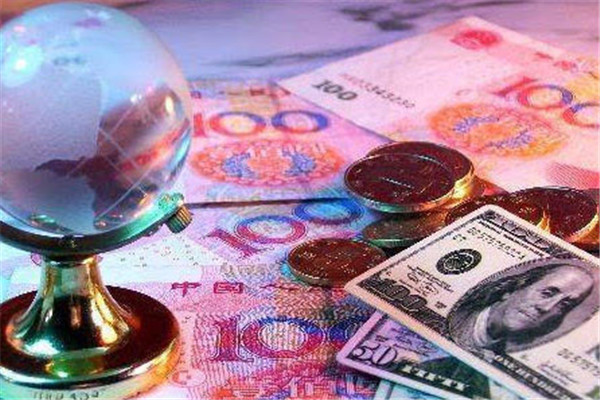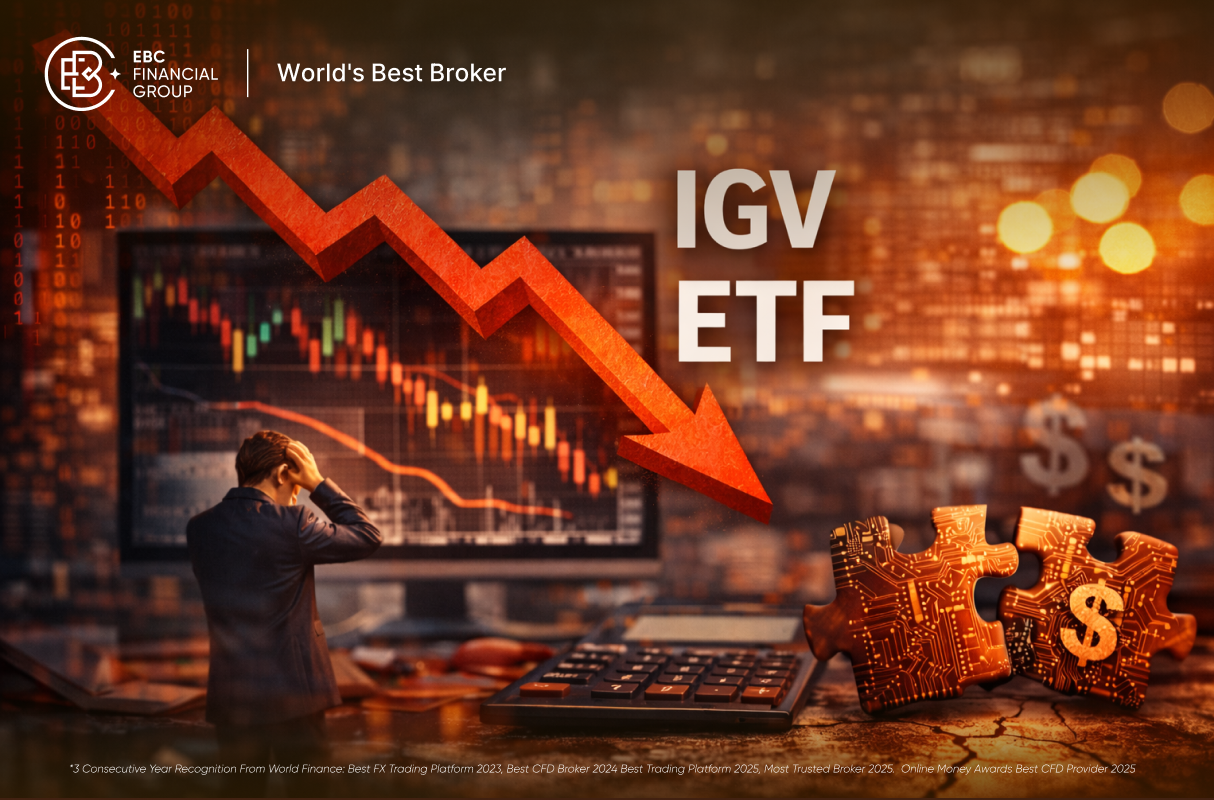Currency arbitrage is a financial trading strategy that utilizes currency
exchange rate differences between different countries or regions to obtain
profits. It utilizes price differences in the market to conduct transactions and
obtain lower-risk profits. Currency arbitrage is usually carried out by
financial institutions, investors, or traders who use price differences in the
market for buying and selling transactions.

In the world economy, there are exchange rate fluctuations in the currencies
of different countries or regions. The exchange rate is a tool for expressing
the relative value between two currencies. Due to different economic, political,
and financial conditions in different countries or regions, the supply and
demand relationship of currency is also different, which in turn affects changes
in exchange rates. These exchange rate fluctuations provide opportunities for
currency arbitrage.
The basic principle of currency arbitrage is to utilize the differences in
currency exchange rates between different countries or regions by buying
low-priced currencies and selling high-priced currencies in order to obtain
profits. For example, if an investor finds that the exchange rate of the US
dollar is low in one country and high in another country, they can profit by
buying a lower-priced US dollar and selling a higher-priced US dollar.
There are two main ways to profit from currency arbitrage: arbitrage trading
and interest rate arbitrage. Arbitrage trading refers to the profit obtained
from the exchange rate difference by buying low-priced currencies and selling
high-priced currencies. Interest rate arbitrage refers to the use of interest
rate differences between different countries or regions to borrow
low-interest-rate currencies and invest in high-interest-rate currencies to
obtain profits.
The risk of currency arbitrage mainly comes from exchange rate fluctuations
and market uncertainty. Exchange rate fluctuations may lead to the disappearance
of arbitrage opportunities or a decrease in profits, while market uncertainty
may prevent investors from accurately predicting exchange rate trends, resulting
in losses.
Disclaimer: Investment involves risk. The content of this article is not an investment advice and does not constitute any offer or solicitation to offer or recommendation of any investment product.


























